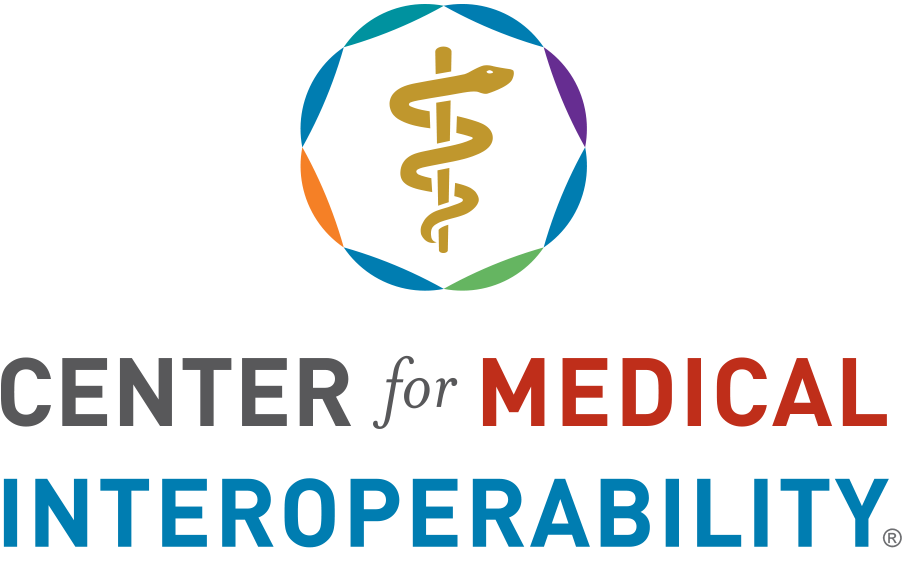To achieve interoperability, much work remains for all healthcare organizations, with many challenges yet to be overcome, according to Lisa Khorey, executive director of EY Advisory Health Care.
A recent American Hospital Association report called interoperability imperative to care improvement, and called for government action to make it happen. However, Khorey hones in on the work facing individual provider organizations in an article at Becker’s Health IT and CIO Review.
Four of the challenges providers must overcome, according to Khorey, include:
- Additional costs. Interoperability between systems takes years to achieve, and budgets must reflect iterative investments over a period of years. Dedicated resources and specific skill sets are required, Khorey writes.
- Workflow changes. Patient consent and related processes will have to change, she adds. Creating use cases organized around roles and workflow and their specific business objectives is the best place to start.
- Complexity. It’s essential to take inventory of the varying vocabularies operating in your organization, she says. Collaborative work groups must be formed to permit data reconciliation and standardization to occur.
- Patient engagement. Patients are using their health information more often, asking for electronic copies of their data and offering to electronically submit data to providers. Directing patients to a portal is a fine start, Khorey says, but data trapped in the portal of an electronic medical record is still trapped data.
Leaders with the Center for Medical Interoperability say the industry has “an ethical obligation” to push for improved tools.
“This lack of plug-and-play interoperability can compromise patient safety, impact care quality and outcomes, contribute to clinician fatigue and waste billions of dollars each year,” Michael Johns, M.D., founding chairman of the center, and William Stead, M.D., chairman of the center’s technical advisory committee, recently wrote.
